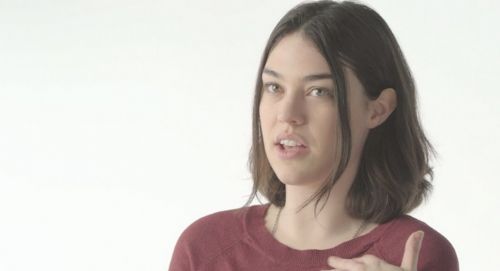CBC News reporter, Meghan Grant published an article yesterday explaining that a Calgary judge ruled that a 27-year-old can go ahead with MAID death despite her father’s concerns. There is a publication ban on the names of the participants.
This case is very close to me since I have an autistic son.
The judge removed the temporary injunction on January 31, 2024 that prevented the 27-year-old autistic woman in Calgary who lives with her parents. Grant reports:
While Justice Colin Feasby acknowledged the “profound grief” that W.V. would suffer with the death of his child, he ruled the loss of M.V.’s autonomy was more important.
“M.V.’s dignity and right to self-determination outweighs the important matters raised by W.V. and the harm that he will suffer in losing M.V.,” wrote Feasby in his 34-page written decision issued Monday.
“Though I find that W.V. has raised serious issues, I conclude that M.V.’s autonomy and dignity interests outweigh competing considerations.”
Justice Feasby decided that an interim injunction would be held for another 30 days to provide time for a possible appeal. Grant reported:
Feasby’s decision sets aside an interim injunction the father was granted the day before M.V.’s assisted death was set to take place in the family’s home.
But the judge also issued a 30-day stay of his decision so that W.V. can take the case to the Alberta Court of Appeal, which means the interim injunction will remain in place for the next month.
Please follow LifeNews.com on Gab for the latest pro-life news and info, free from social media censorship.
The daughter did not bring forth evidence proving that her health condition would qualify her for euthanasia since her defence was based on that it is none of her father’s business.
The father brought evidence to the court to prove that the daughter is generally healthy. Grant reported.
But W.V. believes his daughter “is vulnerable and is not competent to make the decision to take her own life,” according to Feasby’s summary of the father’s position.
“He says that she is generally healthy and believes that her physical symptoms, to the extent that she has any, result from undiagnosed psychological conditions.”
Her only known diagnoses described in court earlier this month are autism and ADHD.
The daughter had been approved for euthanasia by one doctor and turned down by another doctor. The father took issue with the role of the Alberta Health Service in finding the second doctor to approve the death. Grant reports:
Her father took issue with the third doctor who signed off on M.V.’s MAID approval “because he was not independent or objective.”
At the March 11 hearing, Sarah Miller, counsel for the father, called the situation “a novel issue for Alberta” because the province operates a system where there is no appeal process and no means of reviewing a person’s MAID approval.
Justice Feasby did order an assessment of the Alberta Health Service’s role. Grant reports:
While Feasby found the “court cannot review a MAID applicant’s decision-making or the clinical judgment of the doctors and nurse practitioners,” he did rule the actions of the MAID navigator — a person who works for AHS and helps co-ordinate a patient’s eligibility assessment — can be examined.
Feasby ruled the courts can review whether the AHS MAID navigator followed its own policy.
“There can be no doubt that it is a serious issue,” wrote Feasby. “The AHS MAID policy is part of the legal framework governing medical assistance in dying and, as such, is a matter of life and death.”
Nonetheless, Feasby only granted a 30 day continuance of the injunction based on a possible appeal, he did not extend the injunction until the role of the Alberta Health Service is examined.
Canada’s euthanasia law was not designed to protect vulnerable people. The law is designed to protect the doctors who are willing to kill.
LifeNews.com Note: Alex Schadenberg is the executive director of the Euthanasia Prevention Coalition and you can read his blog here. File photo.


